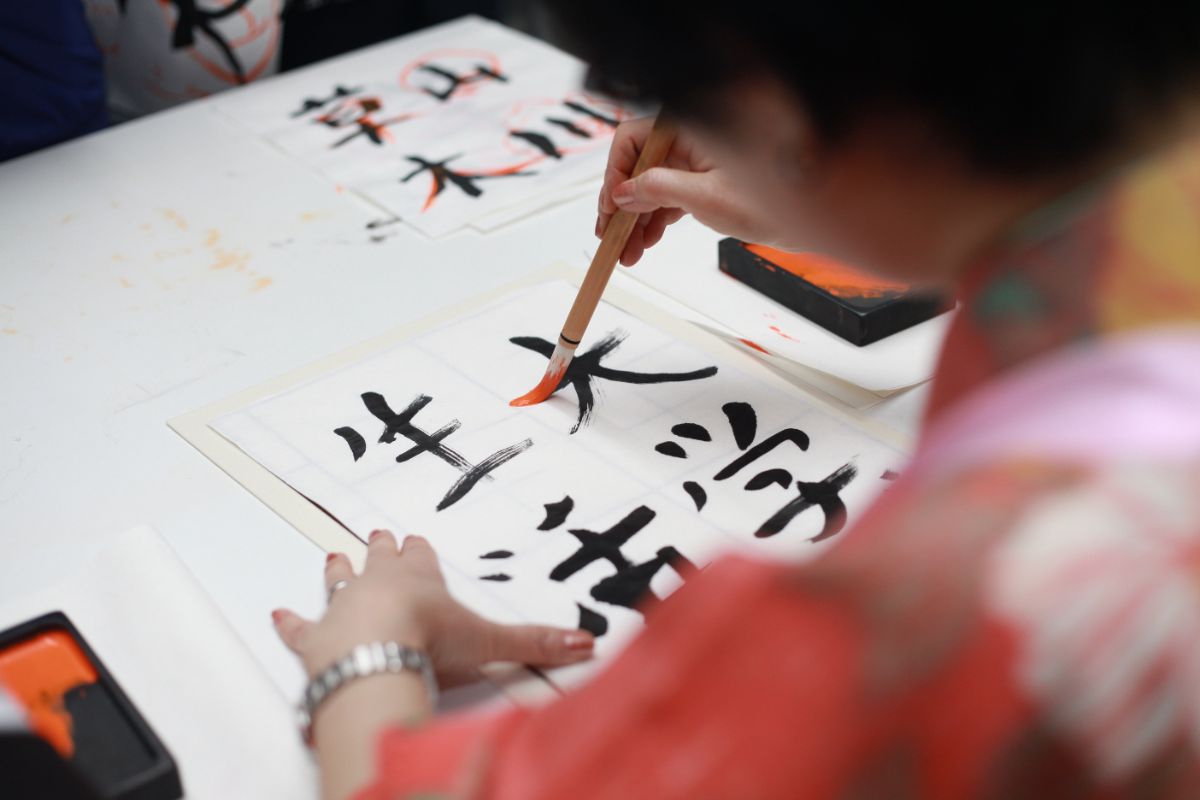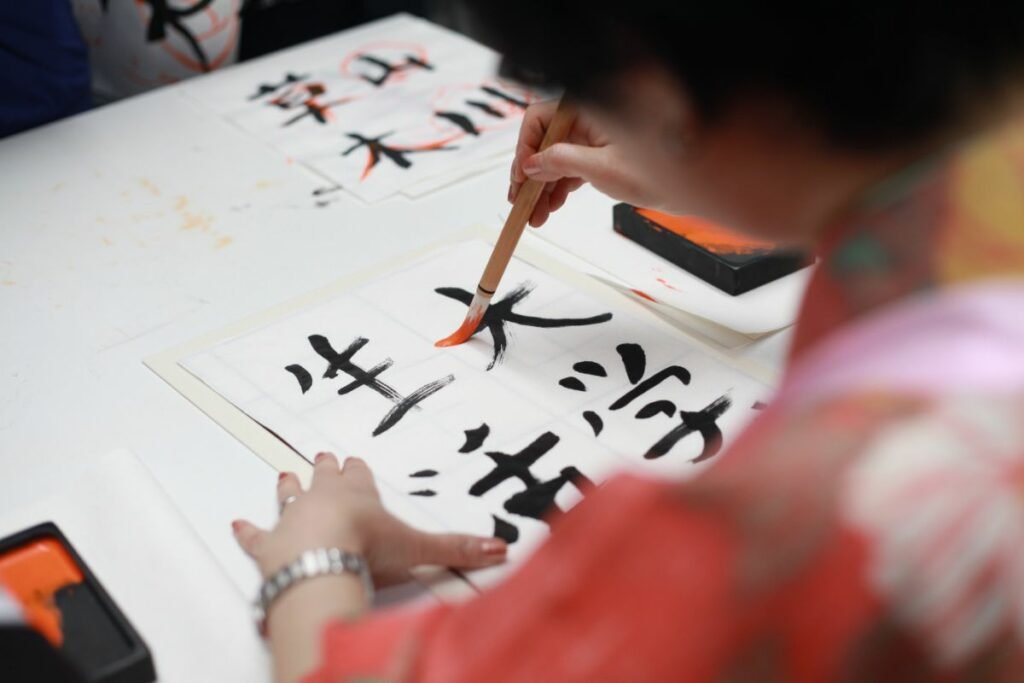Japanese is a very old language that has been around for a long time, much like Mandarin or Hindi. These Asian languages, along with a completely unique and separate alphabet, often rely on other contextual factors for their expression.
Certain languages can be affected greatly by tone, pitch, and accentuation which can completely change the deontic value or meaning of a word or phrase if simply spoken in a different way.

For the sake of demonstration, one super popular example of the meaning of a word being affected by tone, is the Mandarin word ‘ma;. Depending on the tone you use the word ‘ma’ can mean ‘horse’, ‘mother’ ‘hemp’ or ‘scold’.
A more local example is in English, which isn’t necessarily a tonal language, but if you simply think about the various ways you could say the word ‘yeah’, you can begin to understand how context and tone, as well as pitch and intonation, can completely affect how language is interpreted.
So, is this true for Japanese, as it is for other Asian languages? Keep reading to find out!
What Is A Tonal Language?
So, the best thing to do is completely forget the idea of ‘tone’ within music, if you have a preconception of this, and just think about ‘tone’ as we might use it in conversation.
We’ve all heard the phrase ‘it’s not what you said, it’s the way you said it’ and that’s essentially what tone refers to in this context.
Yet, one thing that should be clear is that most languages use tone, but not all languages are tonal. To truly be a tonal language the tone used has to completely change the meaning of the word, see the example of ‘ma’ in Chinese above.
For example, Mandarin has four tones, including a neutral tone that is a bit redundant, that can completely change the meaning of the word.
To use Mandarin correctly you have to be able to use these tones for fear of being misunderstood, while English does use tone, you could use English in a completely neutral tone and be understood, while Mandarin in a neutral tone would restrict certain expressions of meaning.
Is Japanese A Tonal Language?
Unlike its Asian counterparts, Japanese isn’t really a tonal language in the same way Mandarin is. Instead, Japanese is more reliant on pitch accent, and is considered a pitch accent language.
Put simply, the written accent on a certain morae, which just means a syllable in simple terms, affects the pitch in which a word is pronounced. As the pitch changes the definition of the word can too.
This pitch-accent can change greatly within different dialects of Japanese and can be a way for people to differentiate between Japanese accents.
For example, the Japanese word for fence, oyster and persimmon are all phonetically represented in the same way: /kaki o/. However, the way pitch is affected by the accent on the word, can change the meaning.
When the accent is at the start, this means oyster, when the accent is in the middle, it means fence, when there is no accent it means persimmon.
Perhaps a more accessible example is sake, an alcoholic drink in Japan you may have heard of, as it has become popular in the US.
Often in Japan tourists are picked out by how they pronounce sake, a true newbie to the Japanese accent could accidentally order salmon in a restaurant rather than the alcoholic drink, depending on their mastery of this pitch-accent, demonstrating the importance of this pitch-accent system.
So just think if you went to a Japanese restaurant and tried to order Oysters in Japanese, depending on where you are in Japan, as well as your understanding of pitch-accent, your server might think you are ordering a fence.
This shows why Japan relies so much on this pitch-accent system, as Mandarin does on tone.
This is why Japanese is not a tonal language but a pitch accent one, it is how the accent affects pitch which in turn affects meaning, while tone in Japanese doesn’t affect the meaning of words as strongly as it would in Mandarin, for example.
Just like in Mandarin with tone, if you want to learn the Japanese language you must master this pitch-accent system in order to be understood and express yourself accurately, without it you would be misunderstood,

How Pitch-Accent Is Affected By Dialect In Japan
The ironic thing about Japanese is that if you master the Japanese language itself, you could still struggle to understand or speak to a Japanese person with a different accent to the one you learned in. Dialect generally affects tone and pitch-accent.
While in English dialect can affect lexical choice and syntax, as well as other things, the variables that change in Japanese dialects are pitch-accent and tone.
In the Tokyo dialect they often pronounce the first syllable in a low tone and the following syllables in a high tone, but this can vary greatly within the regions of Japan.
Mutual intelligibility, the ability to understand someone else using the same language, is relatively low in Japan.
One, fairly old but interesting, study from 1967 found that students from the Toyama district were only 4% intelligible to students in Tokyo, showing that when this pitch-accent system is affected, expression and intelligibility goes down.
Yet, this goes for many languages in the world, albeit for separate linguistic reasons.
Final Thoughts
What should be clear is that Japanese is not a tonal language. As there are many tonal languages in Asia, such as Mandarin, and that Japanese does also use tone in their language as well, many can be forgiven for thinking this.
However, Japanese is considered to be a pitch-accent language by linguists. This means that the way pitch is affected by written accents can completely change the meaning of a word into something else, see the examples above.
This leads to an issue with dialect in Japan as the largest variables of Japanese dialect is mainly pitch and tone, making mutual intelligibility an issue.









